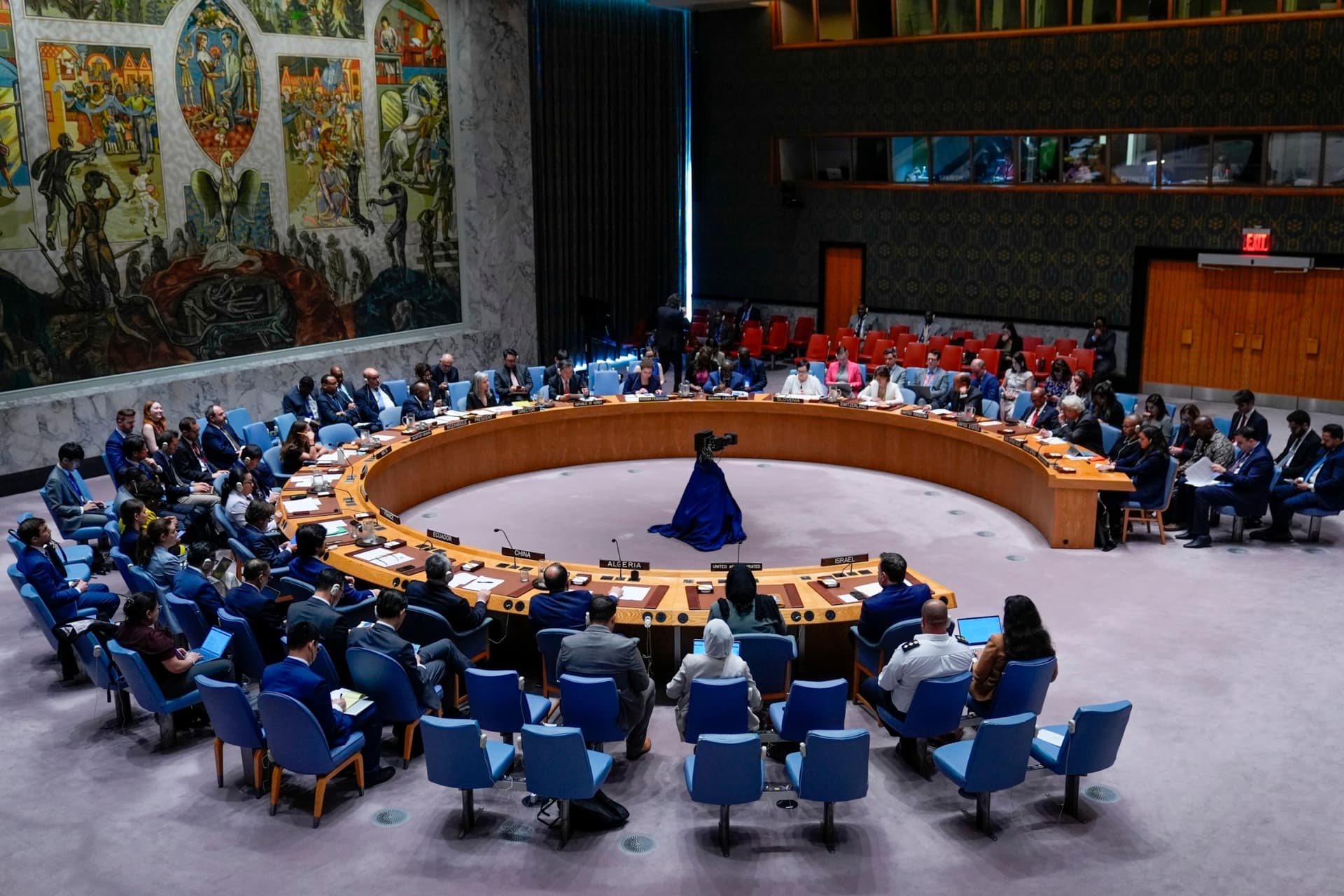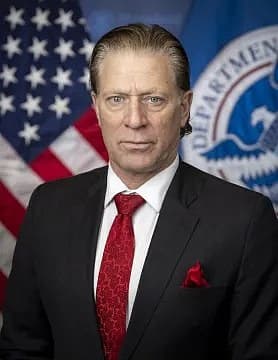China stands to gain if Trump succeeds in reviving U.S. nuclear testing program
President Donald Trump is pressing to renew U.S. nuclear testing for the first time in decades, a move that could reshape global arms dynamics and undercut long standing nonproliferation norms. Analysts warn that Beijing may be the principal beneficiary, leveraging U.S. policy shifts to accelerate its own program and to fracture allied consensus on restraint, a development that matters for strategic stability and for voters concerned about national security and international credibility.

President Donald Trump is advancing a plan to revive nuclear testing in the United States, a policy pivot that could have consequences far beyond domestic politics. If Washington moves forward, the nation that stands to gain the most may be China, which has been expanding its nuclear infrastructure as tensions with the United States intensify.
The United States has observed a moratorium on explosive nuclear testing since the early 1990s, and the issue has been central to post Cold War arms control architecture. Renewed U.S. testing would mark a sharp departure from that trajectory. It would almost certainly reopen debates about the Comprehensive Nuclear Test Ban Treaty, which the United States signed in the 1990s but never ratified, and it could undermine decades of diplomatic effort to stigmatize nuclear explosions.
Strategically, a U.S. return to testing could validate investments by rival powers. China has recently undertaken notable expansion of a known test site, a development that U.S. officials and international observers have flagged as evidence of Beijing preparing for a more expansive nuclear posture. If Washington demonstrably demonstrates renewed testing, Beijing could exploit the new precedent to justify its own technical advances and to accelerate programs aimed at building more varied and survivable warhead designs. That reciprocal dynamic would raise costs for arms control and heighten the risk of an arms competition that would be difficult to manage.
Institutionally, the decision touches multiple levers of government. The Department of Energy and its National Nuclear Security Administration oversee the United States stockpile stewardship enterprise, which has relied on subcritical experiments and computational simulations to certify weapons without detonations. A presidential directive to resume full scale testing would prompt congressional oversight and funding battles, require environmental and safety reviews, and test the capacity of federal laboratories to perform large scale explosive tests under contemporary legal regimes. It would also strain relations with U.S. allies who have invested in the nonproliferation regime as a cornerstone of regional security.
Domestically, the issue intersects with electoral politics and civic engagement. Calls for renewed testing appeal to constituencies prioritizing toughness on China and strengthening deterrence, while nonproliferation advocates, scientific organizations and many voters who prioritize arms control see testing as an unnecessary escalation that undermines U.S. moral authority. That split maps onto partisan lines but also cuts across them, creating a potential wedge issue in battleground districts where national security credibility influences turnout.
For the broader public, the policy raises questions about risk and accountability. Nuclear testing would carry environmental and health considerations as well as diplomatic costs. It would prompt renewed public debate over the balance between technological confidence in the stockpile and the international rules that have reduced incentives for proliferation.
As the administration pursues this trajectory, Washington will have to weigh immediate political gains against long term strategic costs. The most consequential outcome may be geopolitical, as rivals like China could consolidate technological and diplomatic advantages if U.S. actions erode the longstanding taboo on explosive nuclear testing.

